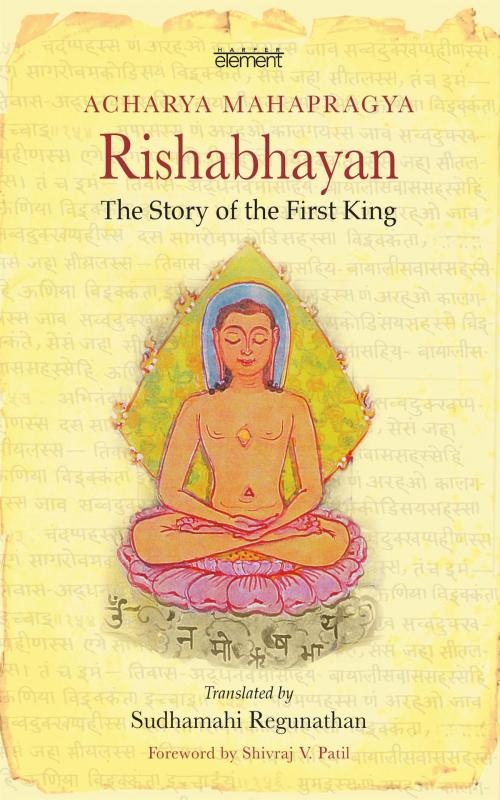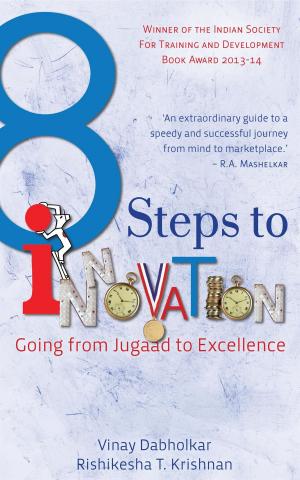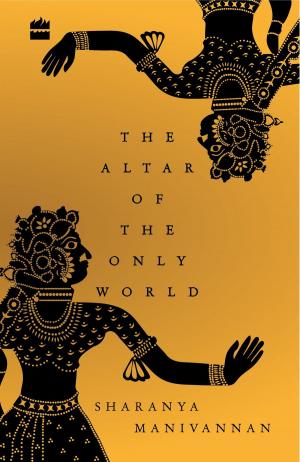Rishabhayan: The Story of the First King
Nonfiction, Religion & Spirituality, Inspiration & Meditation, Spirituality| Author: | Acharya Mahaprgya | ISBN: | 9789351160083 |
| Publisher: | HarperCollins Publishers India | Publication: | December 13, 2014 |
| Imprint: | Element | Language: | English |
| Author: | Acharya Mahaprgya |
| ISBN: | 9789351160083 |
| Publisher: | HarperCollins Publishers India |
| Publication: | December 13, 2014 |
| Imprint: | Element |
| Language: | English |
The story of Tirthankara Rishabha has passed down generations of Jains. Acharya Mahapragya, the tenth Acharya of the Jain Swetambar Terapanth, presents it to us in a composition of 2,000 verses. Tracing the evolution of human civilization as it grew from a society based on need to one attached to material possessions, the epic depicts the search for truth and the role of renunciation and sacrifice in it. As the first king, Rishabha does his primary duty of ensuring the well-being of his subjects. But then one spring morning, a small thought on the withering away of flowers triggers deep reflection in him: Is there more to life than reigning over a kingdom? To discover the meaning of life, he renounces his kingdom and wanders up to the Himalayas, thus introducing the idea of monkhood. With enlightenment comes the realization that all living beings have a soul that is indestructible and permanent and that true happiness lies in freedom from all attachment. Thus evolve the pillars of Jainism based on self-introspection and non-violence. Capturing the subtle dilemmas of the human soul caught in the mesh of existence, this translation by eminent translator Sudhamahi Regunathan offers the classic in a contemporary idiom, something to read aloud and savour for both the general reader and the scholar alike.
The story of Tirthankara Rishabha has passed down generations of Jains. Acharya Mahapragya, the tenth Acharya of the Jain Swetambar Terapanth, presents it to us in a composition of 2,000 verses. Tracing the evolution of human civilization as it grew from a society based on need to one attached to material possessions, the epic depicts the search for truth and the role of renunciation and sacrifice in it. As the first king, Rishabha does his primary duty of ensuring the well-being of his subjects. But then one spring morning, a small thought on the withering away of flowers triggers deep reflection in him: Is there more to life than reigning over a kingdom? To discover the meaning of life, he renounces his kingdom and wanders up to the Himalayas, thus introducing the idea of monkhood. With enlightenment comes the realization that all living beings have a soul that is indestructible and permanent and that true happiness lies in freedom from all attachment. Thus evolve the pillars of Jainism based on self-introspection and non-violence. Capturing the subtle dilemmas of the human soul caught in the mesh of existence, this translation by eminent translator Sudhamahi Regunathan offers the classic in a contemporary idiom, something to read aloud and savour for both the general reader and the scholar alike.















